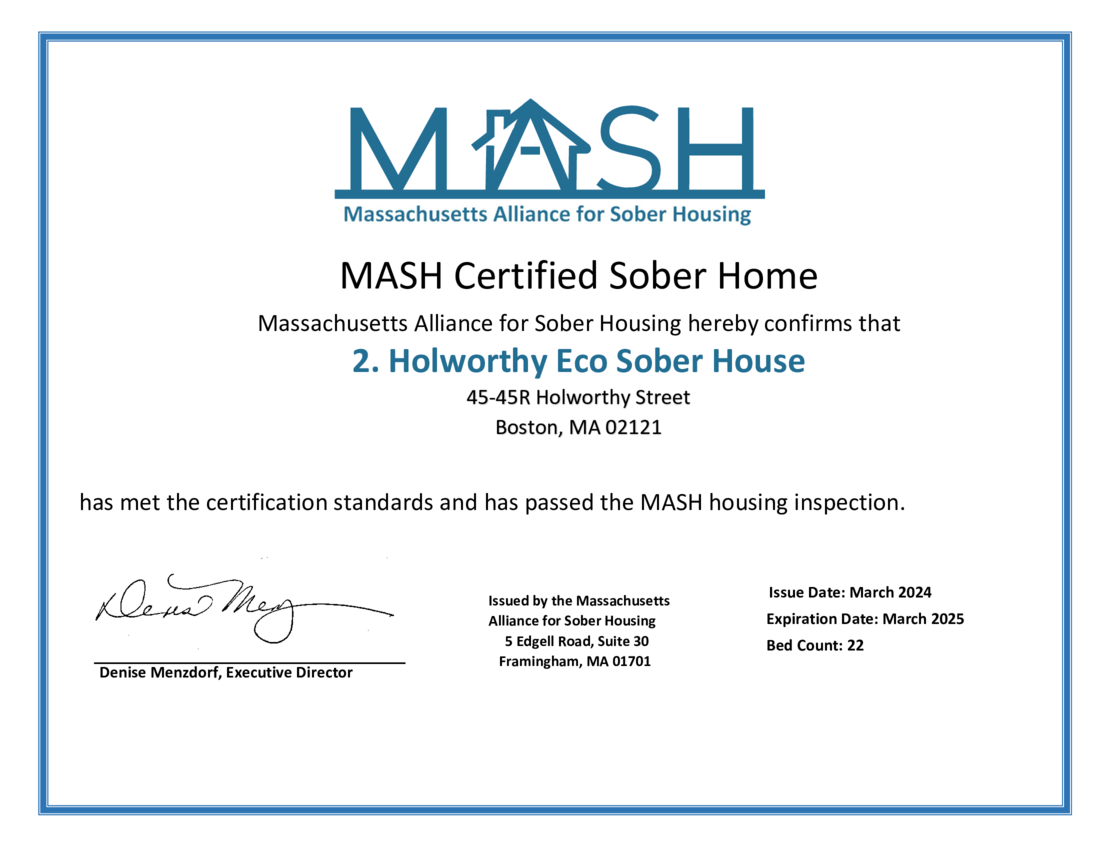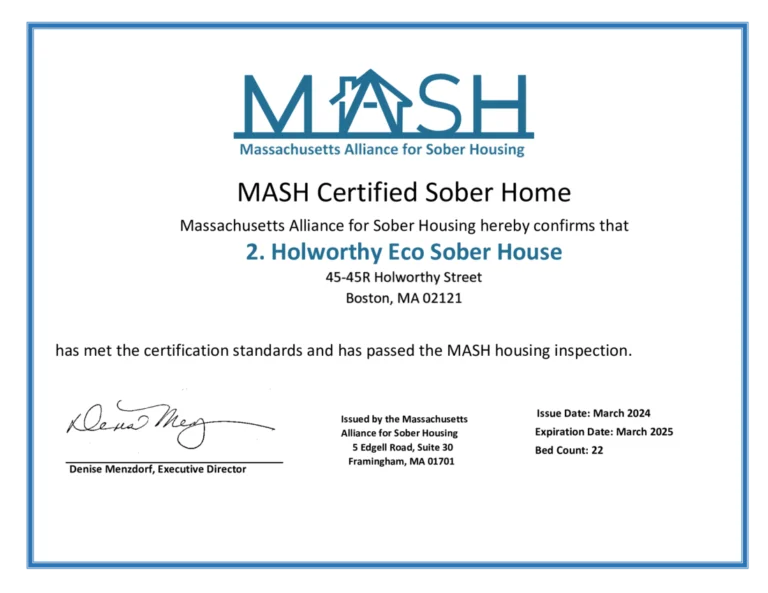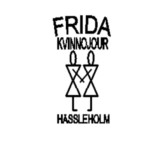
Managing addiction cravings is crucial, as individuals might turn to sugary alternatives as coping mechanisms. Indeed, research shows that addictions to substances other than alcohol can also lead to sugar cravings. This highlights the significance of not only focusing on abstinence from alcohol but also fostering healthy lifestyle habits that promote overall well-being. However, there are strategies that can help alcoholics manage their sugar cravings such as eating balanced meals, staying hydrated, or engaging in regular exercise. Additionally, seeking support from loved ones or professionals is crucial in overcoming addiction and living a healthy life. Furthermore, research has shown that excessive alcohol consumption can lead to insulin resistance in the liver which can also contribute to do recovering alcoholics crave sugar sugar cravings.

Alumni Programs and Support Groups
- When alcohol is removed from the equation, the brain seeks alternative ways to satisfy its craving for sugar.
- This can result in alcohol-induced hypoglycemia, a condition where blood sugar levels drop beyond the normal range.
- Iron deficiency and iron-deficiency anemia are widespread, mostly among female PWUD, as are low plasma levels of vitamins A, C, D, and E.
- The relationship between alcohol addiction and sugar cravings is complex, influenced by both biological and psychological factors.
Consider evaluating your living situation as well; if your neighborhood is rife with drug-related cues, moving to a sober living program might provide a more conducive environment for recovery. Maintaining a well-structured daily routine filled with positive activities can also minimize the chances of relapse. Discover how to embark on your journey of recovery and find the help you need. These alternatives offer a combination of natural sweetness, fiber, and nutrients, making them a better choice than processed sugary foods.
Residential Treatment Centers Not Always Possible for Recovery
During active alcohol addiction, individuals may have developed rituals and habits that involved consuming alcohol in specific settings or situations. When alcohol is removed from their lives, these ingrained patterns may push them to seek alternative behaviors, such as consuming sugary foods or drinks, to fill the void left by alcohol. Alcohol consumption can significantly affect insulin sensitivity and blood glucose levels. As noted by SAMBA Recovery, excessive drinking may interfere with insulin, diminish its effectiveness, and lead to elevated blood sugar levels. Over time, this can increase the risk of developing type 2 diabetes, particularly for those with a history of alcoholism. Alcoholics often experience deficiencies in essential vitamins and minerals due to higher alcohol intake compared to food consumption.
The Benefits of Inpatient Treatment
- For that matter, as we’ve also noted above, there are many different elements in play as regards sugar cravings.
- When they’re no longer getting their “sugar fix” from alcohol, they seek it elsewhere.
- The 3 R’s from addiction to recovery are Recognize, Rehabilitate, and Rebuild.
- Preliminary studies have indicated a notable rise in sugar consumption among individuals in early recovery, with a 37% increase in sugar intake reported within three weeks of entering treatment 5.
- In fact, sugar consumption can trigger the release of serotonin, creating a natural ”high” that makes sugary foods appealing.
- The link between alcohol use and sugar consumption may be due to the impact of alcohol on the brain’s reward system.
Additionally, neuroadaptations in the brain’s reward system caused by previous alcohol use can intensify sugar cravings. Studies indicate that sugar consumption may provoke a reward response even more gratifying than cocaine in certain contexts 1. This suggests that the draw towards sugar is not merely about the appetite but also encompasses emotional regulation and psychological dependence. Just as individuals may experience changes in behavior with drug use, excessive sugar intake can lead to patterns similar to those seen in addiction. ”Why do recovering alcoholics crave sugar?” Discover https://ecosoberhouse.com/ the science behind this common question in our guide. As individuals navigate through challenges, establishing new, healthy habits can greatly enhance their recovery journey.
Cocaine Detox 101: Symptoms, Challenges, and Support Options”
To learn more about the impact of cravings, visit our sections on deficiencies and compensatory cravings. Excessive sugar intake can trigger neuroadaptations in the reward system as well, leading to compulsive overeating and reinforcing the cycle of craving more sugar. These changes create a disconnect between eating behavior and caloric needs, making it difficult to resist sugar cravings. The average adult in the United States consumes about 17 teaspoons of added sugar daily, far exceeding the recommended limit, emphasizing the prevalence Substance abuse of sugar addiction. People with substance use disorders often experience intense sugar cravings. Even the original printing of The Big Book in Alcoholics Anonymous mentions a physician who encouraged newly sober alcoholics to keep chocolate or candy on hand to help manage alcohol cravings.

While recovery dreams can be a normal part of the process, they might leave someone feeling on edge, anxious, or worried they will relapse. If you notice an increased fear of relapse, it can be helpful to get support from an addiction specialist, counselor, or mutual support group and explore your recovery options. Self-care practices might also be useful, like exercise and journaling about your commitment to recovery. Reaching out to others in recovery can help reinforce that you are not alone and validate that though recovery dreams can feel real and terrifying, they are a part of the recovery process. For people reducing or stopping drinking, thoughts about alcohol can be pretty incessant, especially at first.

Explore environmental factors that led addiction, from trauma to socioeconomic challenges and family dynamics. Explore the risks and consequences of mixing antibiotics and alcohol, and protect your health. Discover what Buvidal is used for in addiction treatment, its benefits, and future prospects in recovery.
The material on this site is for informational purposes only, and is not a substitute for medical advice, diagnosis or treatment provided by a qualified health care provider. You may have heard that alcohol breaks down into sugar in the body, but this isn’t exactly true. While sugar is combined with yeast in alcohol production, the sugar content of most alcoholic beverages is zero, and alcohol never breaks down into sugar while your body is metabolizing it. Explore how addiction as a disease impacts brain chemistry, influenced by genetics and environment. Discover what is the reversal of opiate activity, its mechanisms, effectiveness, and impact on opioid overdose deaths.
Nutritional Strategies to Manage Sugar Cravings
- Explore how drug use could lead to hair loss, its reversibility, and treatment options for recovery.
- Explore your recovery toolbox with essential tools, therapeutic support, and practical strategies for lasting change.
- Comprehensive nutrition therapy can assist in making healthier choices while supporting the recovery process 4.
- For instance, fluctuations in insulin levels can create cycles where individuals crave sugar as a means to stabilize their energy levels.
Support groups and counseling sessions can also play a crucial role in navigating the challenges of recovery. Connecting with individuals who have similar experiences can provide a sense of understanding and community. These support systems can offer guidance and encouragement, helping you stay on track with your recovery goals.
What Happens in Drug Rehab? An Overview of the Recovery Process
Turning to sugar can offer a quick and easily accessible source of pleasure, albeit temporary. For example, someone who used to have a drink after work may find themselves craving something sweet during that same timeframe. The routine of reaching for a drink has been ingrained in their daily life, leading to a desire for a substitute behavior. Sugar consumption can provide a temporary sense of satisfaction and fill the void left by the absence of alcohol. Explore effective strategies for recovery during the holidays and celebrate sobriety with confidence and support. Explore rebounding from addiction relapse with purpose, utilizing support and strategies for lasting recovery.
